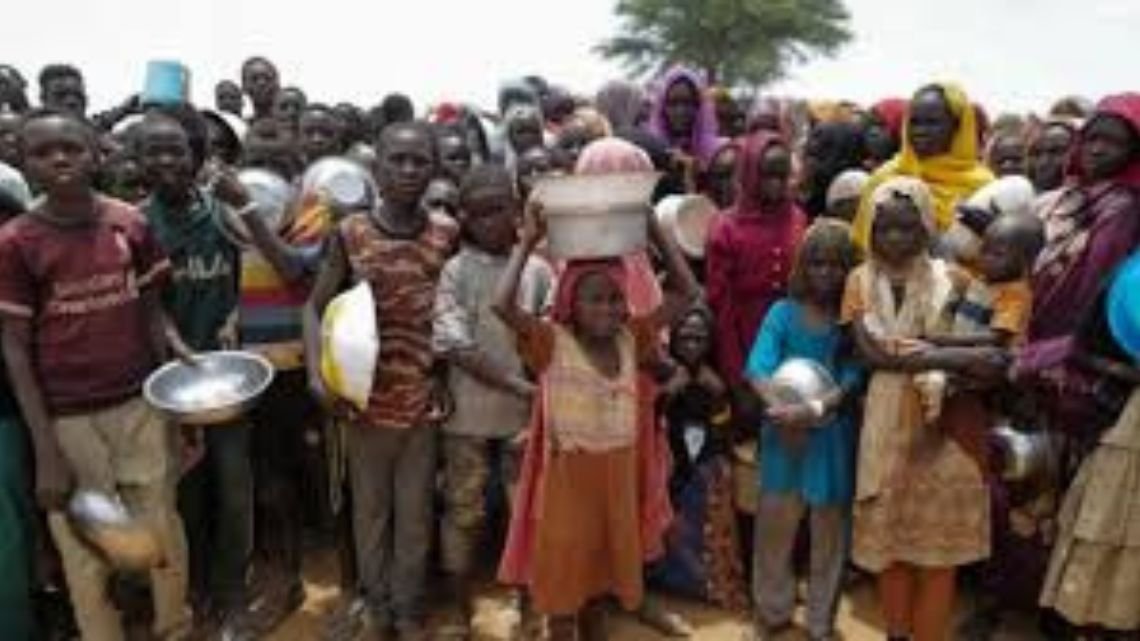Head of Unicef, Catherine Russell, has described Sudan as one of the most dire places for children globally.
She highlighted that Sudan currently hosts the largest number of displaced children worldwide, with millions suffering from malnutrition and the majority lacking access to education.
Russell is on her way to the war-torn country, which has been ravaged by over a year of intense civil conflict, amidst escalating warnings of an impending famine.
Sudan’s agricultural and food distribution systems have collapsed, exacerbated by restrictions imposed by both the Sudanese army and the Rapid Support Forces (RSF) on humanitarian aid deliveries.
Speaking from Nairobi, Russell emphasized the devastating impact of hunger on Sudanese children, noting that nine million children face chronic food insecurity, and nearly four million are experiencing severe malnutrition.
“We’re long past time where we need to act, we need to act now or it’s just going to get worse,” she said.
“You can always eventually make progress on something, so nothing is completely impossible. But for individual babies, for children, who are starving now, who are hungry, who are now severely malnourished, it will be too late for them.”
Earlier this month, the BBC spoke to a food security expert who said that by September, 70% of Sudan’s population will be extremely hungry.
“That could lead to two-and-a-half million deaths, or more” Timmo Gaasbeek said. “It could be as many as four million. There is just not enough food.”
The Sudanese military and RSF have effectively partitioned the nation, precipitating a humanitarian disaster.
Food deliveries are severely curtailed by the military in areas under RSF control.
The RSF stands accused of rampant resource looting and has maintained a month-long siege on El Fasher, a city housing nearly two million residents.
Ms Russell said she couldn’t speak to whether they were using hunger as a weapon of war. But she said the crisis was “100% man made.”
“The challenge for us is not that we don’t have the food, it’s that we can’t get it to the people who need it. And that is really a crisis.”
Ms Russell said Sudan had the highest number of displaced children in the world – five million – and nearly all of its children were out of school, in danger of becoming a lost generation that could contribute to future instability.
“It’s hard to re-teach them, because that’s a lot of lost learning. But it’s also hard, in many cases, to get them back into the classroom,” she said.
“So in that sense, they can become lost… And if you lose that, what do we think the future is going to be like? It’s going to be unstable.”
She will add her voice to the chorus of demands for an end to the fighting. But a recent UN appeal for calm in El Fasher was ignored, and US efforts to restart peace talks have so far failed.
“There’s limited bandwidth” she said when asked about the lack of persistent international engagement to wrest order from the growing chaos in the strategic African country, citing the conflicts in Gaza, Ukraine and Haiti.
“That’s really the reason I’m going, to try to draw some attention to it and say, we need to focus on this right now. This is quite dire.
“And if we don’t do something, it’s hard to imagine how bad it will be.”

